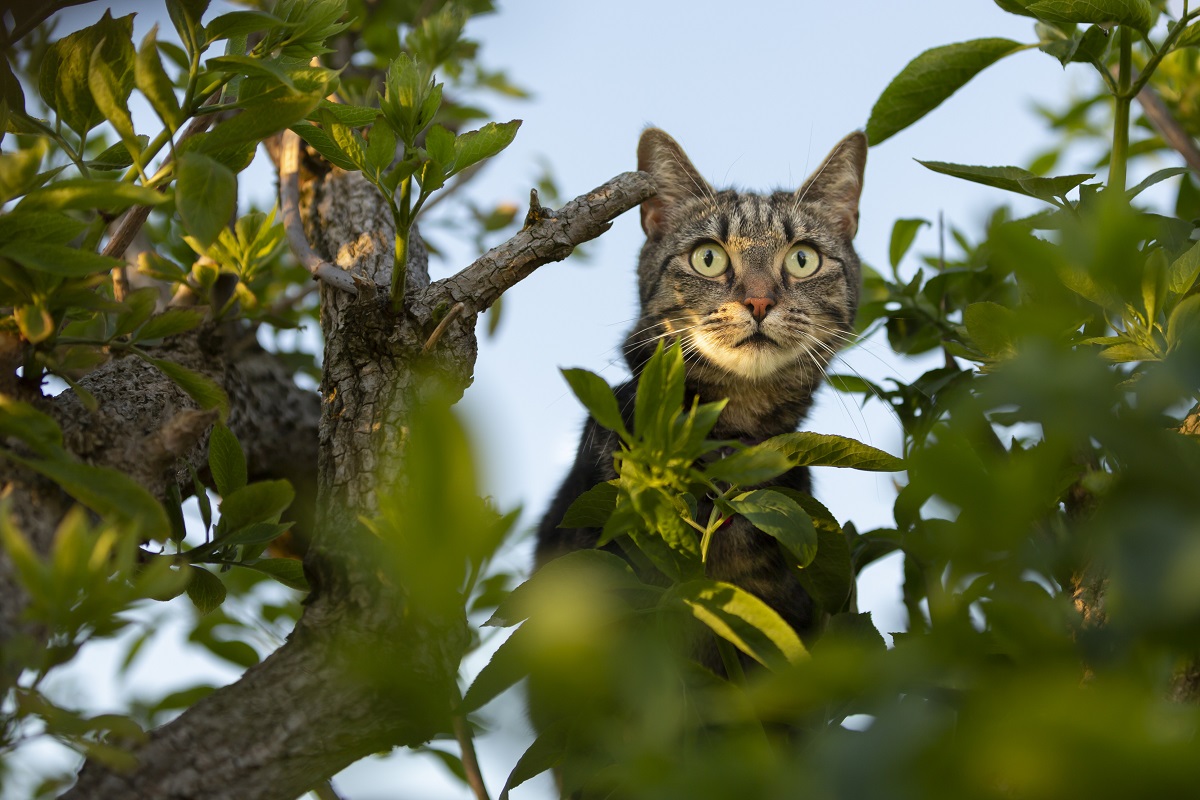Over 2000 species are eaten by cats globally, with a new study labelling them as “amongst the most problematic invasive species in the world”.
The paper, published by Nature Communications, found that cats eat 981 species of birds, 463 species of reptiles, 431 species of mammals, 119 species of insects, and 57 species of amphibians, with 16.65 per cent of the total number deemed to be of conservation concern.
“Since house cats (Felis catus) were domesticated over 9000 years ago, humans have introduced them across much of the world. Today, cats inhabit all continents, except Antarctica, and have been introduced to hundreds of islands, making them amongst the most widely distributed species on the planet.
“Because of this cosmopolitan distribution, cats have disrupted many ecosystems to which they have been introduced,” researchers stated in the paper.
The effectiveness of cats as predators is put down to them being opportunistic predators and obligate carnivores that can survive on preformed and metabolic water in food for months, with the ability to survive only on animal tissue.
“As a result, free-ranging cats (i.e., owned or unowned cats with access to the outdoor environment) are amongst the most problematic invasive species in the world.”
The researchers, led by Christopher Lepczyk from Auburn University in the US, believe the study is the most comprehensive global synthesis of cat diets to date and possibly the largest for any species worldwide.
The study was conducted by compiling information on cat diets through searches of both peer-reviewed and gray literature, and the researchers still believe that their final estimates are conservative and will grow as more research is completed.
“Collectively, our findings demonstrate that cats are indiscriminate predators and eat essentially any type of animal that they can capture at some life stage or can scavenge.”
To stay up to date on the latest industry headlines, sign up to the Pet Industry News e-newsletter.

